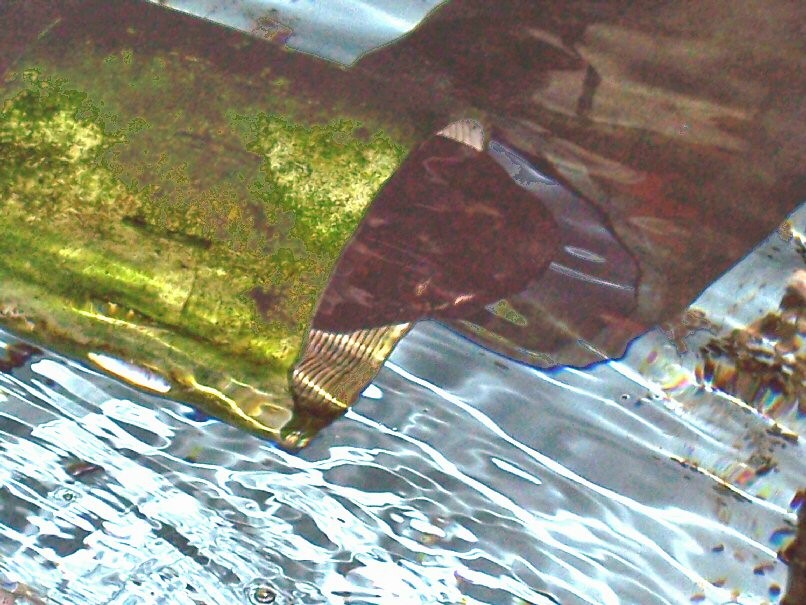Saving all the pieces: the need for private sector oversight of
Topic: Places to go
Agenda: 11 November 2006 Workshop
Johns Hopkins University
Room 03, Shaffer
Baltimore, Maryland
Saving all the pieces: the need for private sector oversight of
Maryland's natural diversity
A one-day workshop to advance citizens' involvement in the long-term
stewardship of our state's native biota.
Sponsored by The Ecosystem Recovery Institute and The Tortoise Reserve
8:00- 9:00 AM Registration, handouts, book displays
Introduction [C. J. Stine Session Chair]
9:00-9:15 AM Opening remarks (Dr. Charles J. Stine, John's Hopkins
University)
9:15-9:40 AM Keynote Address (Mark Steiner, WYTR Radio)
9:40-10:00 AM Why large Non-Government Conservation Organizations
fail to engage in local conservation issues. (Dr. Chris Haney,
Defenders of Wildlife)
10:00- 10:15 Break
The issues, a sampling of the foolishness and squandering [M. Hollins,
Session Chair]
10:15- 10:30 AM Extinct and Extirpated species in Maryland (Dave Lee,
The Tortoise Reserve)
10:30-10:45 Diamondback Terrapins, turtles with price tags (Margaret
Whilden, The Terrapin Institute)
10:45-11:00 Tiger Salamanders, another lost species? (Dr. Charles J.
Stine, Johns Hopkins University)
11:00-11:15 Horseshoe Crabs ; trying to breath with book gills in
ill-regulated waters. (to be announced)
11:15-11:30 to be announced
11:30-11:45 Limited trout (Jim Grace, Md. Brook Trout Alliance)
11:45-1:00 Lunch on your own with many of us going to Dizzy Issies
(other options explained at workshop)
Working examples of some working solutions, undoing the well intended
[Chris Swarth, Director Jug Bay Wetlands Sanctuary Session Chair]
1:00-1:15 PM Gopher Tortoise Wars, the State vs. common sense. (Ray
Ashton, Ashton Biological Reserve)
1:15-1:30 Project Bog Turtle (Dave Lee, The Tortoise Reserve)
1:30-1:45 The role of private land trusts in protecting rare species
(Mike Hollins, Ecosystem Recovery Institute)
1:45-2:00 to be announced
2:00-2:15 Break
Natural History education and public awareness, what was it, where did
it go? [D. S. Lee, Session Chair]
2:15-2:25 PM Nature education through public media (Jean Worthley;
Miss Jean of Hodge Podge Lodge)
2:25-2:40 Local Environmental Public Education, perspectives and
hindsight of below average students (Kevin Miskelly and Tessy
Brungardt, survivors of Towson High's biology program)
2:40-2:50 Raising conservation funds through local educational events
(Tim Hoen, MARS Preservation Fund)
2:50-3:00 The role of The Maryland Natural History Society in local
education and maintaining the State's scientific data base (Charley
Davis, Md Natural History Society)
3:00-3:15 How to get good media coverage for complex conservation
issues (Tom Horton, Baltimore Sun, retired)
3:15-3:30 Break
The Workshop
3:30-4:45 PM
[This is just to establish working-groups, except for some
generalities and committee organization it is not realistic to expect
these groups to complete complex task in a one day event. We will try
to have key people in each group and then allow the audience to work
with whatever group is the best fit for their interest and experience.]
Suggested working groups: [expect changes in these]
· Working with state and federal agencies,
· Working with legislative groups,
· Networking with conservation organizations on a grass roots level,
· How to improve existing systems,
· Holding agencies to be responsible,
· Getting nature back into the public eye.
· How can we actually help tiger salamanders: a case study
[These should become standing committees, brief end of workshop
reports from each to be presented.]
4:45-5:15 PM How can we form this workshop into an effective
conservation network? (Questions and comments from participants)
5:15-5:30 PM Concluding remarks (Where do we go from here?)
5:30 PM Adjourn for now. We will refocus from what we learned today
and regroup. This will be an ongoing conservation effort. Stay tuned.
7:30-9:30 Social hosted by Ecosystem Recovery Institute.
To register
The registration fee is $30. The total number of participants will be
limited to sixty. Registration will be on a first-come first-serve
basis. To register by mail send a check for $30 to MATTS, P. O. Box
22321, Baltimore, Maryland 21203. Include your name address phone
number and email address. Make checks out to "The Tortoise Reserve"
and identify then for JHU Workshop.
To register electronically email your name and address to
JHUworkshop@hotmail.com and pay your registration fee at the door.
Information concerning recommended places for lunch and dinner will be
provided at the meeting, as will the site of the after meeting social.
Hopkins does not allow food or drinks in the meeting room.
Posted by wendellsfrogblog
at 9:58 AM EDT


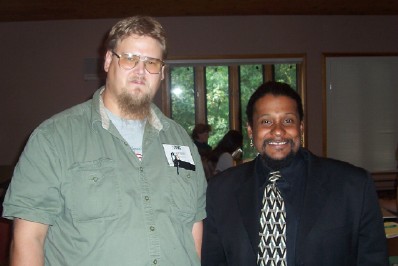
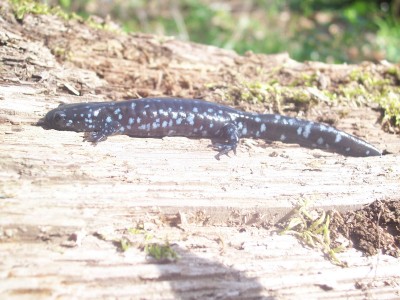
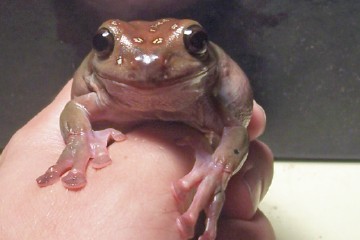
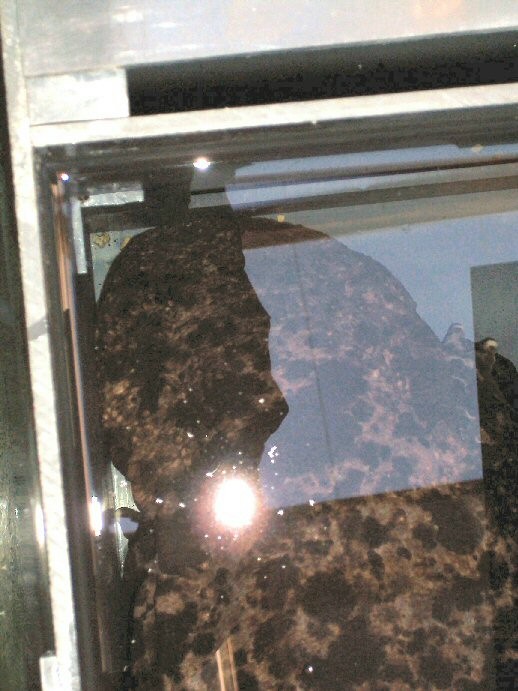 Giant Panda Habitat Home To 7 Species
Giant Panda Habitat Home To 7 Species